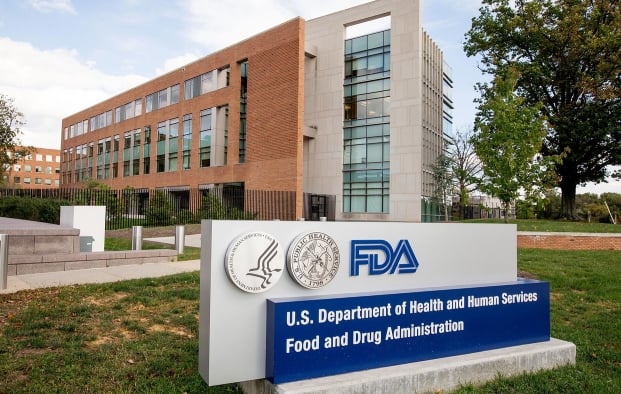In 2016, rumours of a weakening FDA followed a disappointing 16 new drugs approved for the full year. However, since the beginning of 2017 the FDA has approved 26 drugs; double the amount of the mid-year average since 2007.
“The eight oncology treatments approved by the FDA this year represent 31 percent of the total.”
Globally, with ageing populations and growing non-communicable disease prevalence, pharmaceutical companies are concentrating their efforts on the development and rollout of lucrative oncology and neurology related treatments. Puma, Astra Zeneca and Ariad Pharmaceuticals want to boost their revenues by selling medication to the 1.7 million Americans to be diagnosed with cancer this year. The eight oncology treatments approved by the FDA this year represent 31 percent of the total. FDA approved Janssen and Valeant’s innovative treatments for psoriasis while Samsung Bioepis is looking forward to bringing at least one of its three products currently in clinical trial to the market. The share of Gastroenterology treatments approved this year is half of 2016 levels.
Oncology
The American Cancer Society estimates that 1.7 million Americans will be diagnosed with cancer this year; 1.5 million of whom will be 45 years of age or older. The American Cancer society warns that this type of disease is responsible for 25 percent of all deaths in the USA, with Ariad Pharma’s Alunbrig the latest approved treatment in this area.
For breast cancer, the most prevalent form of cancer among women in America, Puma Biotech’s Nirlynx is now on the market, with data to prove that it reduces the chance of relapse.
Prostate cancer represents over 30 percent of all cancer cases and is the second deadliest form of the disease, behind only lung cancer. Astra Zeneca’s Imfizi is the latest innovation in this field.
Dermatology
Regeneron’s Dupixent and Sanofi’s Tremfya are the next blockbusters in the dermatology field. These two products are aimed at the 30 million Americans suffering with eczema. Dupixent and Tremfya are the two only products approved for eczema this year so far, but other companies are also eyeing this large market. Regeneron is hoping to reinforce its market-leading position with an additional product, currently in phase III of a clinical trial.
[related_story]
According to the American Psoriasis association, 3.2 percent of Americans were affected by psoriasis in 2016. While this disease is not fatal, it can be a social handicap. Janssen and Valeant have had their severe-plaque-psoriasis treatment approved for two months now, while 30 more companies are engaged in clinical trials and are awaiting product approval. Valeant has an additional topical product in Phase III, Pfizer has two biosimilars and Samsung Bioepis is testing three biosimilars.
Neurology
Neurological treatments represent the third largest therapeutic area for new drug approvals, with 19 percent of the new molecules approved in 2017. Out of five medications approved, two concern sclerosis patients. The National Centre for Biotechnology Information reports that there are 400,000 people in the United States with multiple sclerosis. Multiple sclerosis patients usually experience a relapse-remit course of treatment. Roche is banking on its recently FDA-approved Ocrevus, aimed at relapsing multiple sclerosis patients, while the FDA judged that Mitsubishi Tanabe’s new medication was radical for amyotrophic lateral sclerosis.
Gastroenterology
Gastroenterology products were the big winners of 2016. In absolute terms, the number of treatments approved remains the same, but other specialisations have taken over this year. Hepatitis C treatments are no longer the leading gastroenterology innovation; instead, constipation-related cures are the in-form treatment segment of the first six months of 2017. Indeed, two of the three gastroenterology products approved this year – Synergy’s Trulance and Shiongy’s Symproic – are focused on the bowel movements of elderly people and drug addicts. Synergy and Shiongy have launched Trulance and Symproic respectively, two treatments for constipation.
Writer: Alan Le Roux




